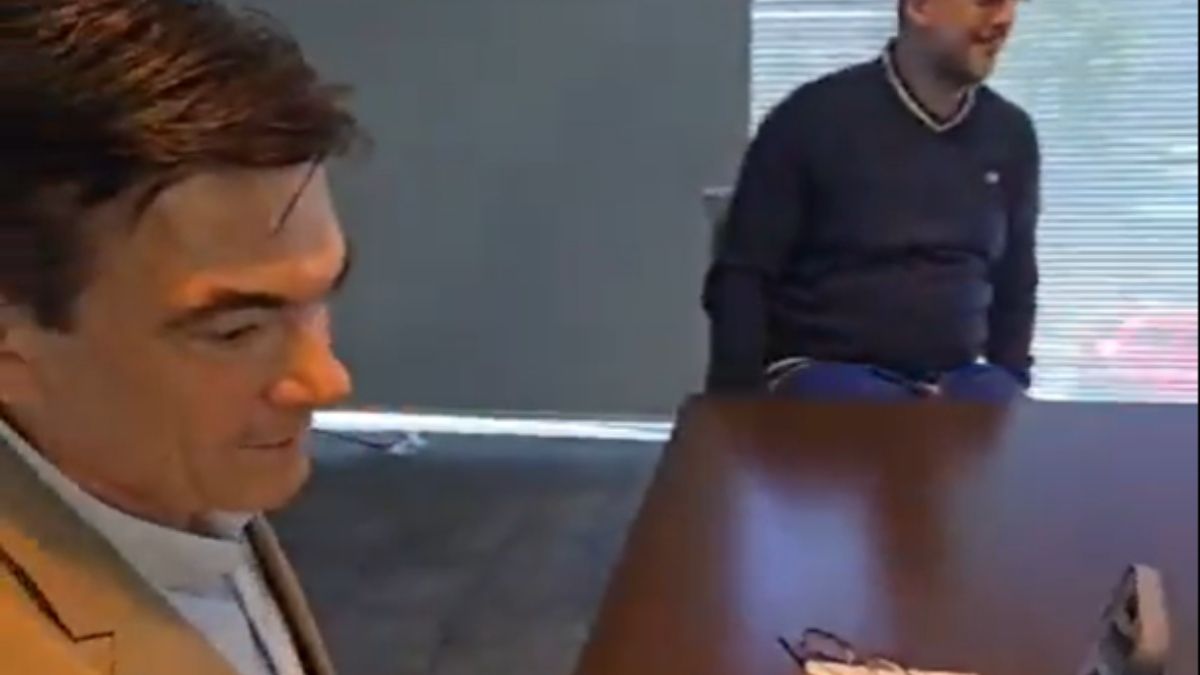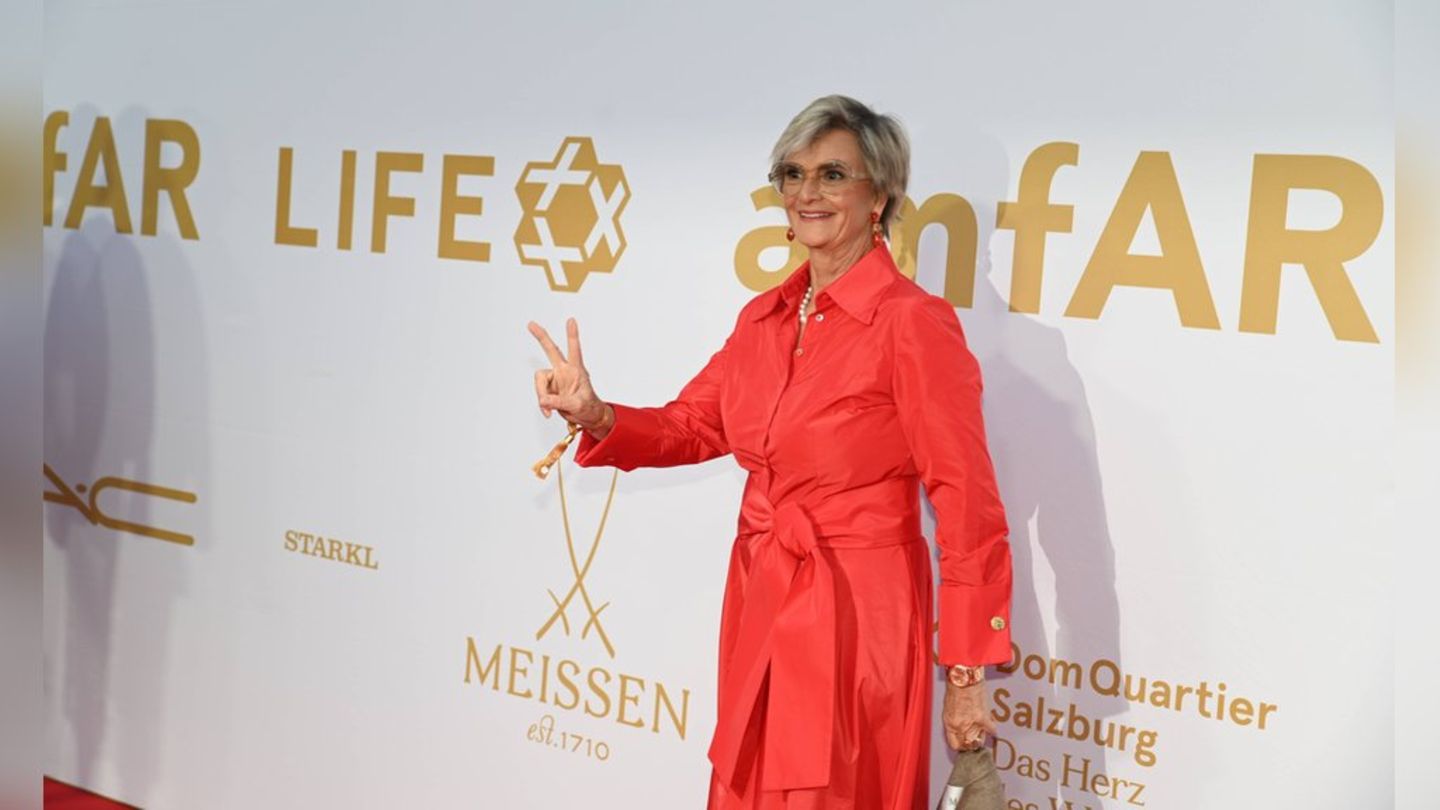According to the organization led by Robert Silvaa review of the current regime was carried out with the objective of promoting regulatory improvements that strengthen the development of the capital market, promoting greater diversification and liquidity in the available investment options.
The regulations enables three alternatives, with investments in:1) ETFs (Exchange Traded Fund) that passively replicates widely disseminated indices referring to equities, virtual assets and/or raw materials (commodities); 2) in external assets without application of the 25% limit ; and 3) in local assets, making diversification limits more flexible.
As established by the Resolution 1030/2024 published in the Official Gazette, the public offer in any of its forms included as the underlying asset of CEDEAR or any other representative title – of investment funds, including ETFs – and/or negotiable securities whose issuers are incorporated or registered abroad, whose purpose is to require money or securities in Argentina for investment in portfolios, must be carried out exclusively through FCIs.
ETF Cedears: they may be invested in stocks, cryptocurrencies and raw materials
The CEDEARs of ETFs (Exchange Traded Funds) are certificates of deposit that represent investment funds that are actively traded in foreign markets. These ETFs include different types of assets or replicate indices from different sectors and regions.
In this framework, the CNV establishes that the public offering of CEDEARs that are representative of Exchange Traded Funds (ETFs) that replicate passively indices that have wide diffusion referring to variable income (understood as representative of actions), virtual assets and/or raw materials (commodities). These ETFs must have, at least, a liquidity index equal to or greater than the MERVAL index. In order to accredit the condition of passive management of the underlying, the issuer must present the details of the composition of the respective index and the operating and operating conditions that prove that the objective is the passive replication of the index, without prejudice to other information that may require the Commission for the purposes of its authorization.”
In that sense, a “transitional regime” is established that contemplates the situation of authorized Cedear programs, whose underlying assets are actively managed funds that replicate indices, in order to provide legal security to issuers and protect investments made under the previous regulatory framework.
FCI: a new regime is created for specialized investors
In this context, the CNV created a new FCI special regime at the local level aimed at Qualified Investors, thus increasing the supply of financial products available on the market.
“That, this measure is adopted following the trend of international markets, in which the creation of FCIs is allowed with fewer restrictions for the formation of their investments, to the extent that they are directed only to investors who have increased their professionalism and are willing to take greater risk and, therefore, assume eventual losses”explained the decree.
These Funds are the ideal channel for the investment of funds established abroad, expanding the range of investments to other financial assets and/or negotiable securities issued and traded inside and outside the country.
Which, consequentlyit is necessary to dictate the regulations referring to the constitution, functioning and operation of the Open FCIs that are established under this special regime.
CNV – Commission – National – Of – Securities
The objective is to expand the diversification of instruments
Mariano Fuchila
Open FCIs intended for qualified investors in dollars: what limits will they have?
In principle, it is worth clarifying that the Open Common Investment Funds (FCI), They are those in which the investor can subscribe as many shares as he wishes. In this sense, this type of funds for qualified investors with assets issued abroad will be subject to the following limits:
a) With the exception of the acquisition of investment funds, investments in marketable securities of the same issuer or of issuers belonging to the same economic group They may not exceed FORTY PERCENT (40%) of the net assets of the Fund.
b) Investments in negotiable obligations and/or any other financial asset representing debt They may not represent more than TWENTY PERCENT (20%) of the total liabilities of the issuer in question, according to the last known annual or quarterly balance sheet.
c) When the acquisition of a single Exchange Traded Funds (ETFs), A reference to the name of the underlying fund must be included in the name of the local fund.
In the event that the Underlying ETF passively replicates widely disseminated indices referring to variable income (understood as representative of shares), virtual assets and/or raw materials (commodities), and that the ETF has, at a minimum, a liquidity index equal to or greater than the MERVAL index, The shares of the local fund may also be subscribed by those investors who were clearly warned regarding the legal restriction and the risks involved in the operation, leaving their unequivocal declaration of acquiring such shares.
Open FCIs intended for investors qualified in pesos: how they should be composed
The Open Investment Funds intended exclusively for Qualified Investors whose currency is the legal tender of the Argentine Republic must invest, at least, the SEVENTY-FIVE PERCENT (75%) of his assets in financial instruments and negotiable securities issued in the country exclusively in legal tender – with the exception of investments made in assets issued or denominated in foreign currency, which are integrated and paid in legal tender and whose interest and capital are paid exclusively in the tender currency legal – must comply with the guidelines established by the provisions of article 76 of this Section, and additionally, the provisions applicable in general for Open Common Investment Funds.
Key clarification for fund managers
Finally, the CNV clarifies that the sum of the net assets of all Funds intended for qualified investors whose currency is not the legal tender of the Argentine Republic that each Managing Company manages may not exceed TWENTY-FIVE PERCENT (25%) of the sum of the net assets of all the Funds opened under its administration. When excesses occur to said limit due to the usual operations of the Funds, Subscriptions to the Funds for qualified investors denominated in foreign currency must be suspended until such excesses are corrected.
Investments may only be made in public debt securities issued in countries with which: (a) there are international economic integration treaties for the integration of capital markets; and/or (b) the NATIONAL SECURITIES COMMISSION had signed agreements in this regard, subject in both cases to the negotiable securities being traded in the country of the issuer in markets approved by the respective Securities Commissions or equivalent organizations. This limitation will also apply with respect to the underlying assets of the investment fund(s) (including Exchange Traded Funds –ETFs-) acquired by the local Fund.”
The following decree comes into effect as of Thursday, November 14, 2024.
Source: Ambito
David William is a talented author who has made a name for himself in the world of writing. He is a professional author who writes on a wide range of topics, from general interest to opinion news. David is currently working as a writer at 24 hours worlds where he brings his unique perspective and in-depth research to his articles, making them both informative and engaging.




